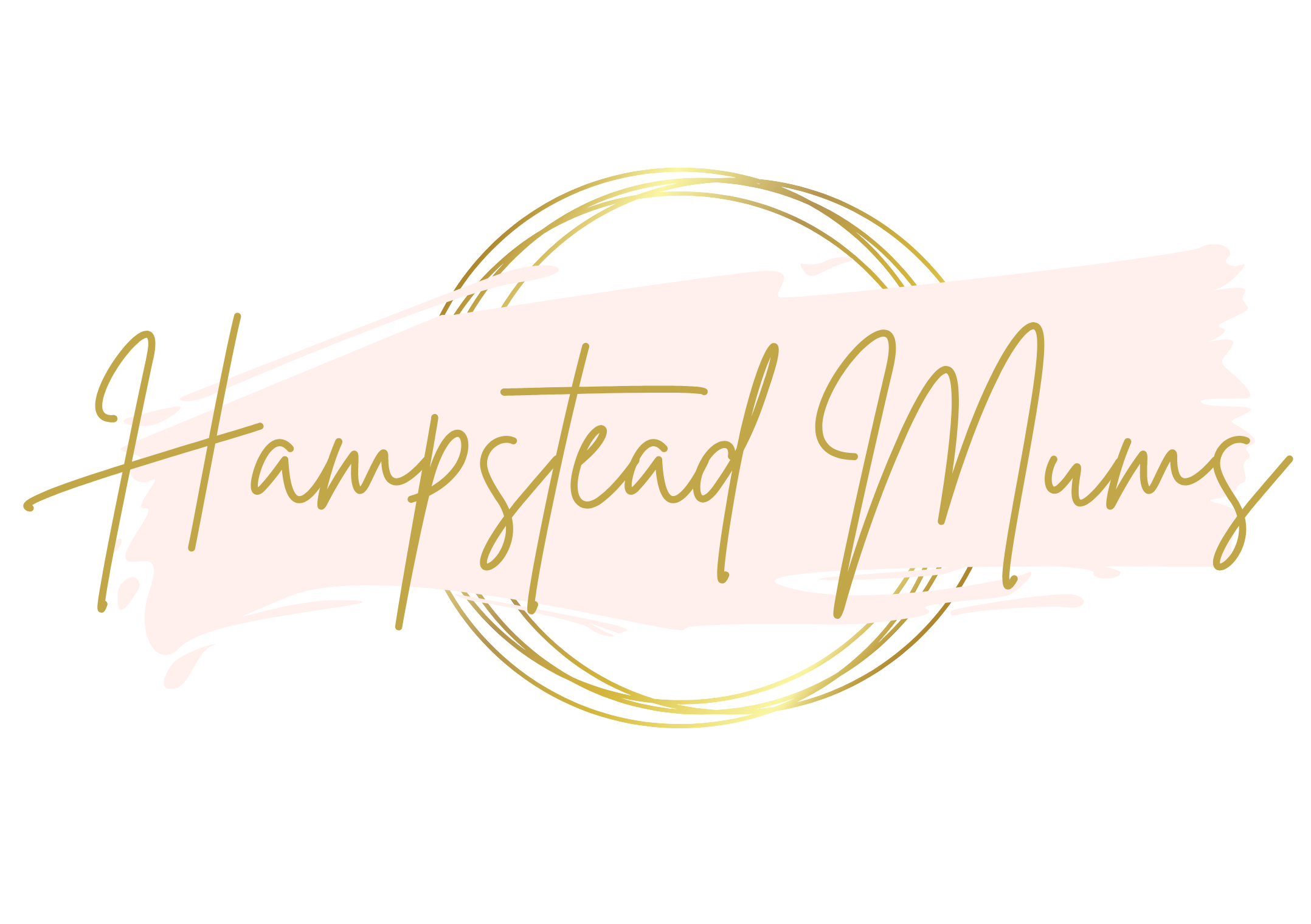A guide to tidying, organising and decluttering with your children
As a professional organiser and mum of two young children, I see the practical challenges of maintaining an organised home. When I say organised, I don’t mean Instagram or Pinterest-worthy. I’m talking about an inviting sanctuary for parents and children, a home that is the antidote to our stress rather than a cause of it.
This guide is for you if:
You feel overwhelmed or exhausted with the influx of “kids stuff” into your home
You feel stressed or frustrated by clutter or your attempts to reduce it
You would like some tips on how to teach your children tidying and organising skills
You’re unsure where to begin because your tidying efforts are undone by your children
The benefits of teaching your child tidying skills
What are the earliest memories you have of tidying with your child? For some of us, it's a “tidy up” song where our kid partakes more enthusiastically in nursery or school than with us! But that is just one aspect. There are three very different elements that can get blurred:
Daily tidying: Putting our items away where they belong
Decluttering: Deciding which of our items to keep and which to discard
Organising: Deciding how to categorise and store our items
To confuse things further, none of these are the same as cleaning. When we ask a child to tidy up their room, what do we mean? Perhaps a bit of daily tidying (make the bed, put things away) and a bit of cleaning (wipe the paint spills off their desk)? Often we focus mostly on our kids putting items away. But do their things have designated places? And who decided where things should go?
Involving our children in daily tidying, decluttering and organising fosters lifelong skills and values:
Deciding when to let go and doing so with gratitude
Confidence and conviction in their own decisions
Respecting space and property, both their own and other’s
Fostering their independence
Increasing their ability to focus
Becoming aware of their pace of consumption
Learning about charity in a tangible way
Appreciating experiences over material things
Categorising in ways that are logical to them
When is the right time to launch a tidying campaign at home?
If tidying is an ongoing struggle, you may benefit from a fresh start. First systematically declutter, then organise. Imagine every item in your home is one you love or need. Once the excess is gone, it will be simpler to find logical homes for your things and put organisational systems in place. This requires effort, but the benefits include saving time and energy daily and feeling more positive about your space.
I recommend guiding your children after you have put your own things in order. The toys may frustrate you. But if your own wardrobe, bookshelves or papers are a mess, they make for a better starting point. You will feel calmer and happier tackling joint family clutter (which let’s face it, you don’t have as much control over!) once you have an organised haven amidst the chaos. Watching you transform your own space may well pique your children’s curiosity. More importantly, practicing your own tidying skills will give you confidence in guiding others. I have plenty of resources on how to begin your tidying journey but here I focus on tidying with children.
From what age can children make their own decisions?
Whilst this depends on each child’s abilities, patience and attention span, children as young of three can be guided through making decisions about which items to keep and which to discard. They often are clear on what brings them joy! As you will see from my practical tips below, you can involve even young children in many ways.
Reminder: You can only control what you can control
There is no generic “right” amount of toys and children’s clothes to own. Part of the magic is discovering the volume and pace of turnaround of material stuff that feels joyful and manageable for your household. With the right systems in place, you will feel mentally and practically on top of things.
I always say the volume of stuff in a home says nothing about the volume of love in a home. We each have the right to choose how much comes and stays. It may feel you have no control, but you do! That said, letting go of the things you cannot control is at the heart of my methods. If my 4 year old doesn’t put her books back in the rainbow order I thought was cute, that’s a “me” thing, not a “her” thing. The sooner we work together, the happier we are.
For the complete guide to tidying, organising and decluttering with your children, Organised Joy has a handy printable PDF packed with information including 21 practical tips to help you put her methods into practice and answering many more common questions from parents: See the PDF here



